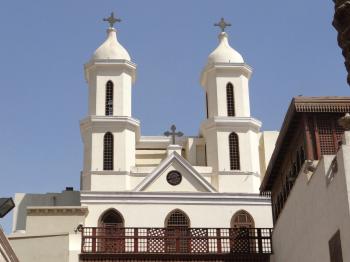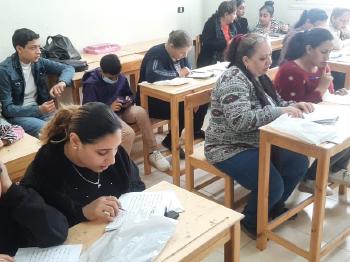Mohammad Mohammad al-Sayyid, the suspected mastermind behind the bombings of several churches in Egypt by Islamic State (IS), has been captured by the Libyan National Army, it was reported on 29 April.

Described by his captors as the “most dangerous terrorist in Libya”, al-Sayyid is believed to have been responsible for some of the worst atrocities carried out by IS in Egypt. The attacks he is implicated in are thought to include the twin suicide bombings of churches by IS on Palm Sunday that claimed 46 lives and the shooting of 28 Christians on a bus travelling to the St Samuel Monastery, both in 2017, as well as the IS suicide bombing attack near the main cathedral in Cairo in December 2016 that left 29 dead.
Egypt has remained under a state of emergency since the Palm Sunday attacks took place in 2017.
Al-Sayyid, who is also known as Mohamed al-Sanbakhti and Abu Khaled Munir, was the assistant of Hisham Ashmawy, leader of a terror group affiliated with Al-Qaeda who was executed by the Egyptian army on 5 March for multiple crimes, including the assassination of policemen.
Two of al-Sayyid’s brothers are currently in prison in Egypt for terrorism offences.

